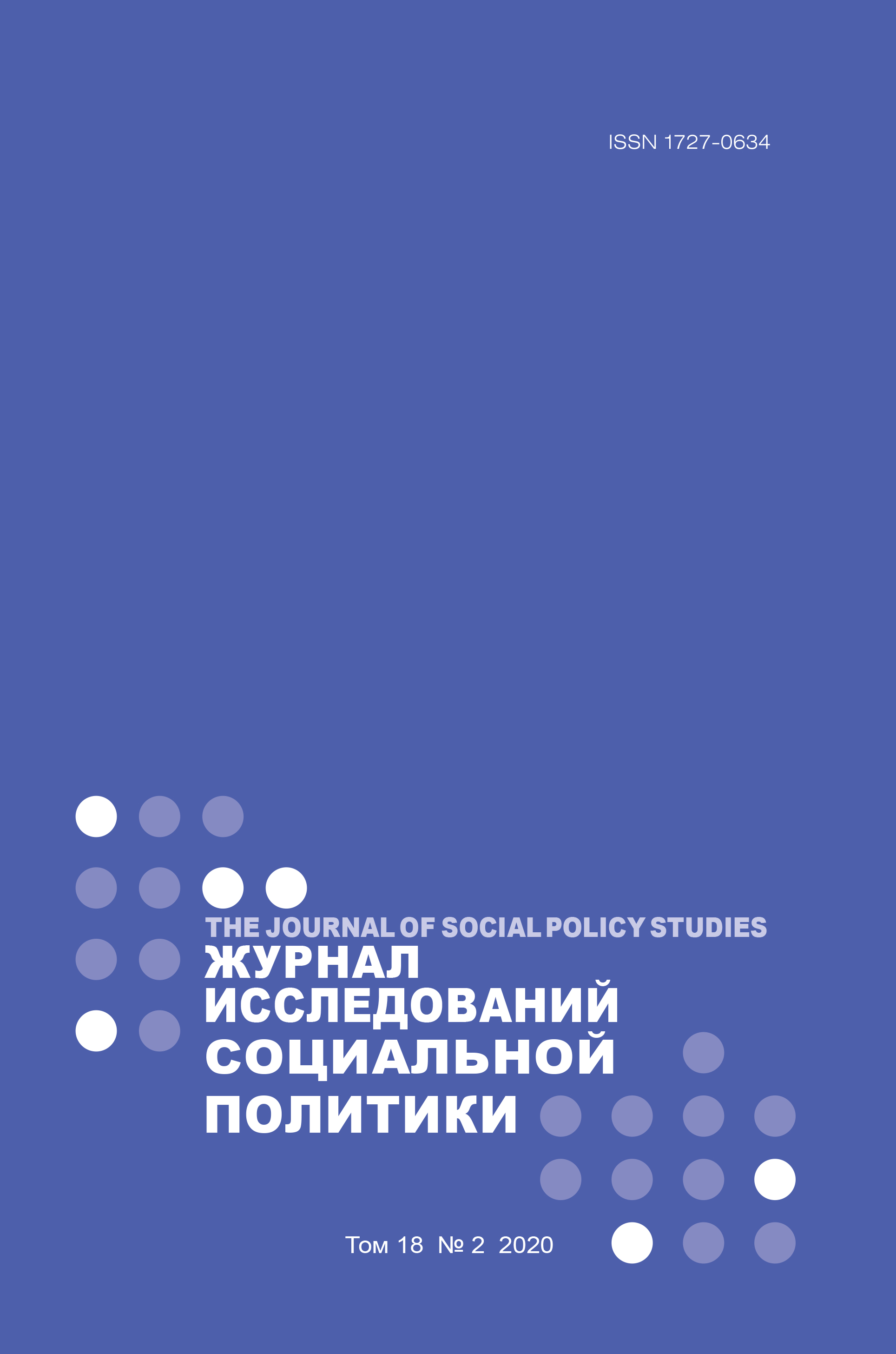Measuring the Quality of Life in Urban Areas: The Feasibility of Using the Index Approach
Abstract
According to the United Nations (UN), more than half of the world’s population now lives in cities. Cities have become the development drivers in economy, social sphere, culture, education and science; it can be said that cities largely define the future of civilization. At the same time, urban areas face multiple challenges: environmental degradation, climate change, demographic problems, migration processes, growing inequality and threats to cultural diversity. The search for socioeconomic benchmarks, adequate integrated solutions and criteria for evaluating such solutions ensuring the wellbeing of the population, the sustainability and resilience of cities in a dynamically changing world are of particular importance today. For a number of decades, GDP per capita served as the key indicator of the socio-economic progress. This was reasonable in the 20th century when urbanization was accompanied by economic growth and associated with the industrialization of different parts of the world. Today we do not witness such direct correlation. In the context of sustainable urban development, the category 'quality of life' is an important criterion in the evaluation of socio-economic progress. This article provides an analysis of existing conceptual approaches in defining the quality of life as a category, highlighting the need to go beyond the measurement of economic values. This entails a definition of quality of life as a system-holistic construct that takes into account objective and subjective factors and sociocultural context. The key indices of urban quality of life are analyzed revealing the prevalence of quantitative assessment methods and a lack of orientation towards providing an evidence base for sustainable development policies. The authors consider the index approach to measuring the urban quality of life as capable of ensuring the global comparability of data on development of urban areas.















